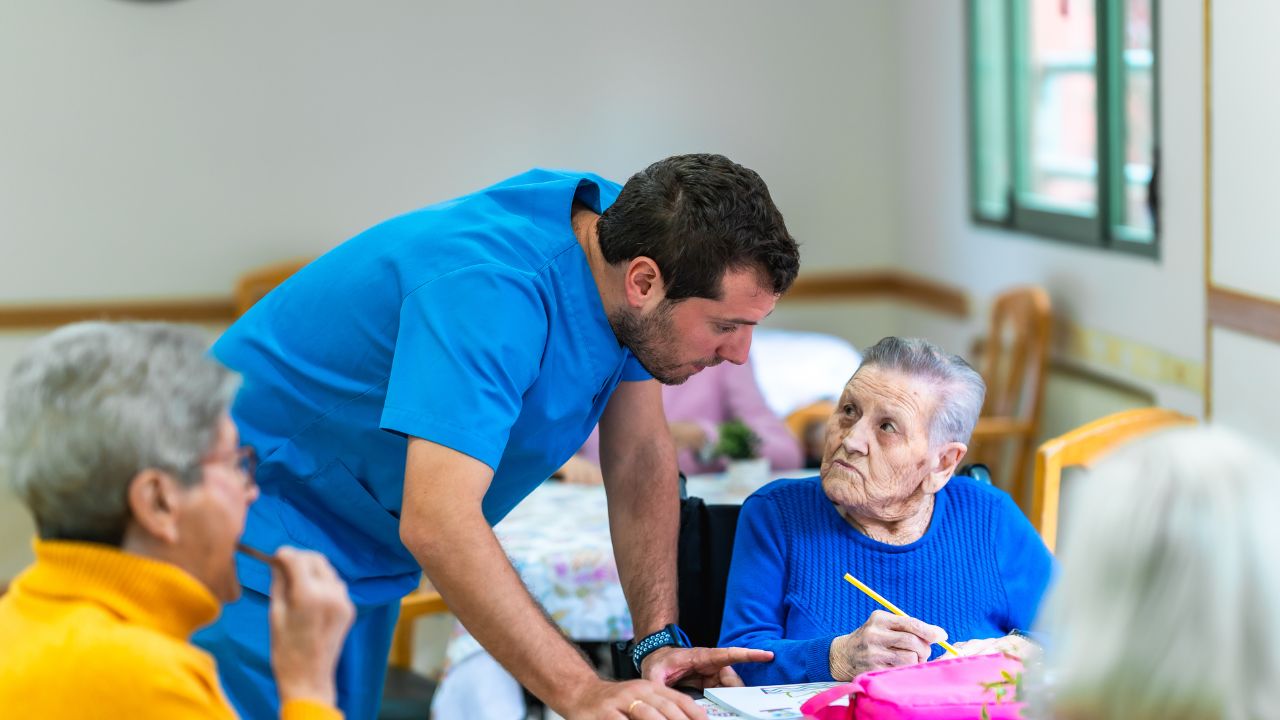Licensed practical and vocational nurses (LPNs/LVNs) are essential players in the healthcare setting. LPNs serve a different role than registered nurses (RNs), occupying positions and undertaking tasks that typically involve more direct nursing care. In most instances, a pharmacology certification is something that might shine up your resume, however, there may be times when job opportunities could arise because of this, such as getting into a drug representative role, for example.
What is an LPN's Scope of Practice
Their scope of care separates an LPN/LVN from an RN. Scope of practice is the term used to describe the roles and responsibilities an LPN is legally permitted to perform within the bounds of their nursing license. Without specialty certifications, typically, an LPN's scope of practice includes the following tasks:
- Checking and documenting patient vital signs
- Checking and documenting blood sugar levels
- Administering oral medications
- Changing wound dressings
- Taking care of catheters
- Assisting patients with ordinary daily tasks such as dressing, eating, drinking, and toileting
- Provide valuable input for RNs on plans of care for patients
LPNs can learn new skills if they do not already perform them and increase their hirablity factor is IV certification, and another such specialty is pharmacology.
Where Do You Become Certified in Pharmacology?
Don't let yourself be fooled by your Google search results. There may be online courses announcing they certify LPNs in pharmacology, but ultimately, there is only one that is widely recognized.
The pharmacology certification for LPNs is earned through the non-profit organization NAPNES. NAPNES stands for the national association for practical nurse education and service. It has been certifying LPNs for 30 years and is widely respected. Nevertheless, check with your state nursing board to confirm approval of the certification in your state. It's also to know if it will benefit you in your career or if it's even an officially recognized certification in the state in which you live or the settings in which you work.
How Do You Obtain an LPN Pharmacology Certification?
The exam has 150 multiple-choice questions, and a score of 75% or higher is required to pass. Once your application has been approved, you'll be able to take the exam from wherever you choose, as the only requirement is an internet connection. The test is set to a time limit. NAPNES also offers official study courses to help LPNs prepare for the certification exam, which is recommended. The exam, rightfully so, will require you to be adept at calculating dosages accurately.
Concepts covered in the pharmacology study courses include:
- Medical math
- Dosage calculations
- Medication assessment
- Drug classifications
- Side effects
- Allergic reactions
- Drug administration
- IV fluid rates
- Safety precautions
What Does a Pharmacology Certification Mean?
Obtaining a pharmacology certification means adding the NCP (NAPNES Certified in Pharmacology) acronym to your credentials. It further demonstrates to prospective employers that you are committed to ensuring proper care when administering oral medications to your patients. A certification in pharmacology doesn't automatically mean you'll earn more as an LPN, but it could. Another way to make more as an LPN is to pick up PRN shifts from facilities and hospitals near you.
How to Find PRN LPN Jobs Near You
According to the U.S. Bureau of Labor Statistics, LPNs earn an average annual salary of $51,850 or $24.93 per hour. Maximize your earnings as an LPN by picking up shifts on an as-needed basis at hospitals and facilities near you. LPNs can work in various settings: hospitals, surgery centers, skilled nursing facilities, assisted living facilities, home health, and so much more.








.jpg)





